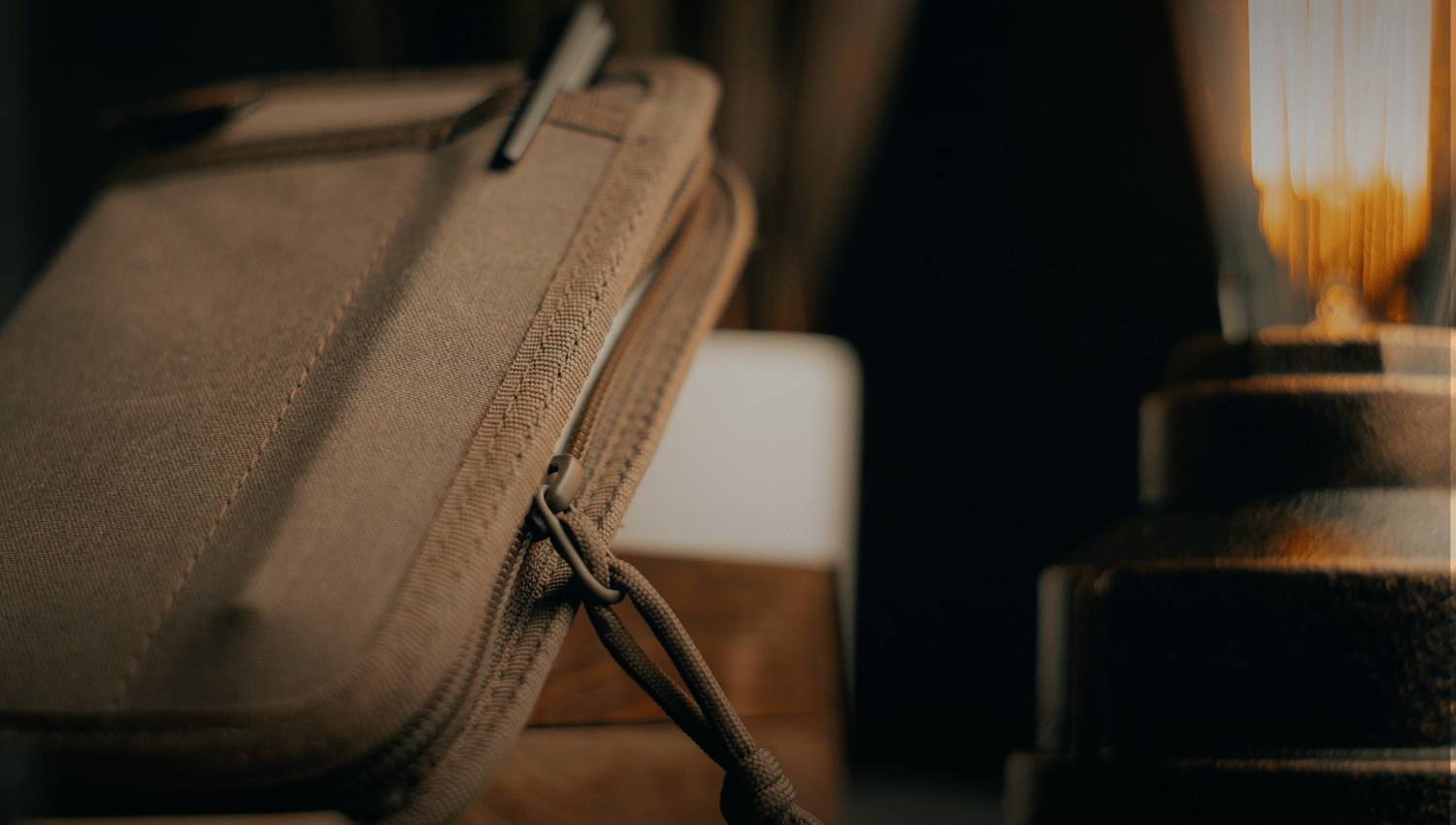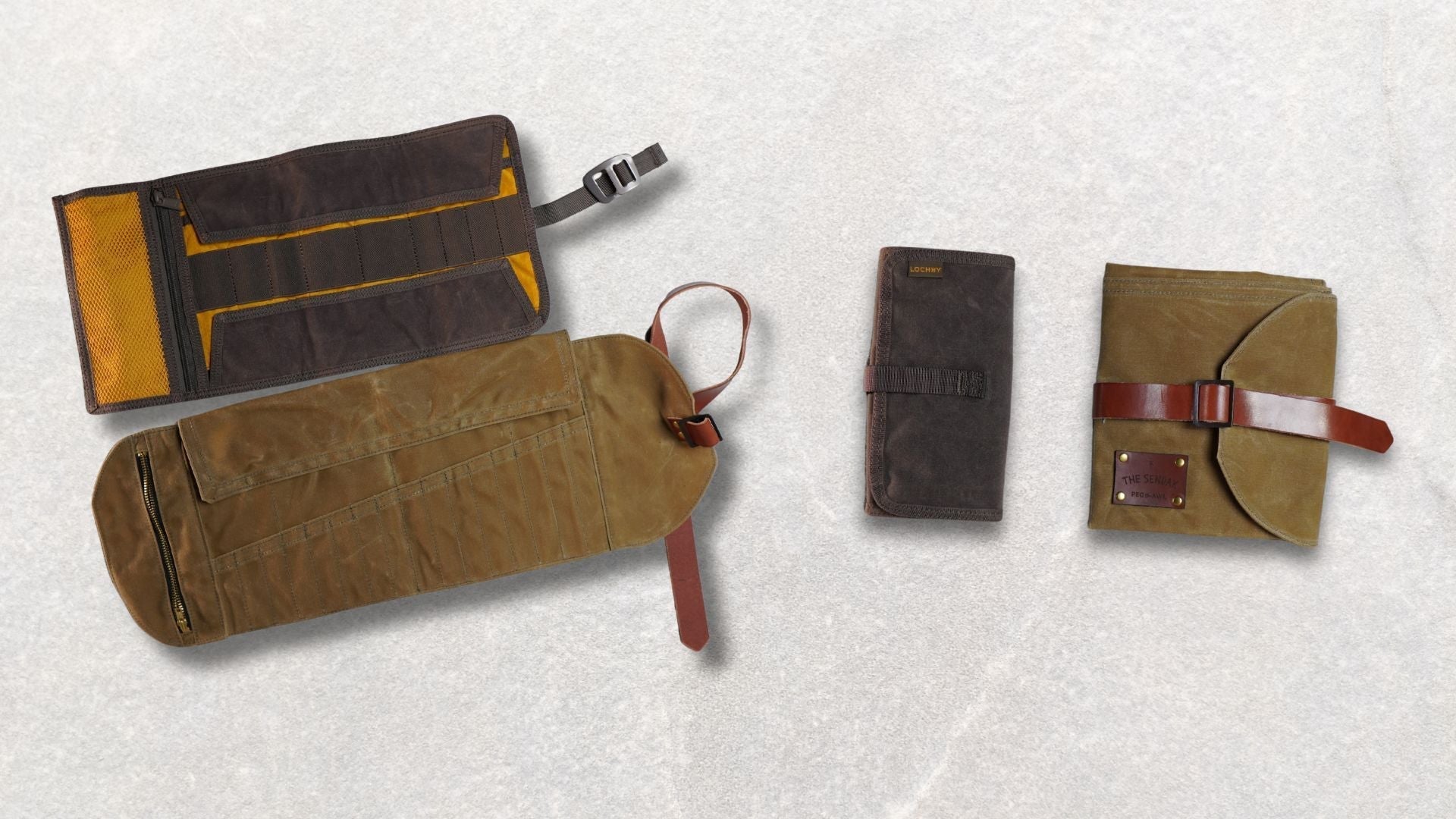In today’s fast-paced world, taking the time to relax is more important than ever. To celebrate National Relaxation Day, I want to share a book that profoundly changed my perspective on relaxation: Dale Carnegie's How to Stop Worrying and Start Living. This classic book offers timeless wisdom on managing stress and living a more fulfilling life. Carnegie notes that relaxation is not just about rest—it’s a vital practice that enhances our efficiency, clears our minds, and helps us approach life’s challenges with a renewed sense of calm.

In the book, Dale Carnegie addresses relaxation as a crucial aspect of overcoming worry and stress. He emphasizes the importance of both physical and mental relaxation to maintain overall well-being. Here are some key insights from Carnegie on relaxation:
- The Importance of Physical Relaxation: Many people are unaware of the tension they carry in their bodies. Carnegie suggests regularly checking in with yourself to see if you are unnecessarily tensing your muscles. He advises readers to practice deliberately relaxing different parts of their body, from their face to their toes, to release built-up tension.
- Mental Relaxation through Controlled Thoughts: Mental relaxation is also essential, according to Carnegie. He encourages readers to manage their thoughts by focusing on positive and constructive ideas rather than dwelling on worries. Techniques like meditation, mindfulness, and engaging in activities that divert the mind from stressors are all ways to achieve mental relaxation.
- Using Relaxation to Improve Efficiency: Relaxation is not just about rest but also about improving overall efficiency. By staying relaxed, you can think more clearly, make better decisions, and handle challenges more effectively. Carnegie provides examples of how successful people incorporate relaxation techniques into their daily routines to stay productive and avoid becoming overwhelmed.
- Letting Go of the Need for Perfection: Part of mental relaxation involves accepting that you can't control everything and that it's okay to make mistakes. Carnegie encourages readers to let go of perfectionism, which often leads to unnecessary stress and worry.
- The "Rest Before You Get Tired" Principle: Carnegie advocates taking breaks and resting before you actually feel exhausted. By resting before you're tired, you can maintain a higher level of energy throughout the day and prevent burnout. This proactive approach to relaxation helps keep worry and stress at bay.
In summary, Carnegie views relaxation as an essential practice for reducing worry and living a more fulfilling life. His practical advice on incorporating both physical and mental relaxation into daily routines is something we can all benefit from. Inspired by Carnegie's timeless wisdom, here are six simple yet powerful ways to relax that you can easily incorporate into your daily routine:
1. Spend Time in Nature
The calming effects of nature are well-documented. Research published in Frontiers in Psychology shows that spending just 20 minutes outdoors can significantly lower cortisol levels, the hormone associated with stress. Whether it’s a walk in the park, a hike in the woods, or simply sitting in your garden, immersing yourself in the natural world can help you feel more grounded and relaxed. Bring along your journal to capture the sights, sounds, and thoughts that arise during your time outside—journaling in nature can enhance the restorative effects even further.
2. Journal Your Thoughts
Journaling is a powerful way to clear your mind and process your thoughts. Studies have shown that expressive writing can reduce stress and improve mental health. Writing down your feelings, ideas, or even your daily experiences helps you gain perspective and release tension.
To enhance this experience, consider using a fountain pen. The smooth flow and tactile sensation of writing with a fountain pen can make the process more enjoyable and meditative, further contributing to relaxation. Whether you’re jotting down a gratitude list or exploring your emotions, journaling provides a safe space for self-expression and reflection.
3. Engage in Hands-On Creative Work
Relaxation can also come from the simple joy of engaging in hands-on creative work. Whether it’s painting, crafting, gardening, or organizing your journaling tools just the way you like, physical and creative activities can be incredibly calming. According to a study published in the Journal of Consumer Affairs, engaging in creative activities with your hands can significantly reduce stress and improve overall well-being.
One example is customizing your gear—whether it’s adding a unique strap to your pouch or personalizing your notebook cover. This type of hands-on work not only allows you to express your creativity but also provides a sense of accomplishment. The tactile experience of creating something with your hands helps focus your mind on the task at hand, giving you a break from daily stressors and offering a satisfying and relaxing experience.
Our customer Jeff, for example, finds it incredibly relaxing to personalize his Venture Pouch. He added a hand strap using Velcro tape and paracord, making it more comfortable and easy to carry. This small customization turned his Venture Pouch into a truly personal item that he can rely on during his travels.
4. Take a Digital Detox
In our always-connected world, taking a break from screens can be incredibly refreshing. Research found that even a short digital detox can lead to significant reductions in stress and improvements in mood. A digital detox allows you to unplug and focus on the present moment without the distractions of notifications, emails, or social media.
Use this time to engage in activities that bring you joy, like reading a book, journaling, or spending time with loved ones. By consciously stepping away from your devices, you give your mind the chance to relax and recharge, helping you return to your daily tasks with renewed energy and focus.
5. Engage in Light Physical Activity
Light physical activity, such as yoga, stretching, or even a gentle walk, can help relieve tension and promote relaxation. According to the American Psychological Association, regular physical activity can reduce anxiety and depression, and improve overall mood. These activities increase blood flow, release endorphins (the body’s natural stress relievers), and help your body and mind unwind.
Plus, regular movement can improve your sleep quality, making it easier to relax at the end of the day.
6. Practice Mindful Breathing
Mindful breathing is a simple yet powerful technique to help you relax. By focusing on your breath, you can calm your mind and body, reducing feelings of anxiety and stress.
Try this: Find a quiet space, sit comfortably, and take slow, deep breaths. Inhale through your nose, hold for a few seconds, and then exhale slowly through your mouth. Repeat this for a few minutes, allowing yourself to become fully present in the moment.
Conclusion
Relaxation is not a luxury; it’s a necessity. By incorporating these simple techniques into your daily routine, you can create a more balanced, calm, and fulfilling life. Whether you find peace in nature, through journaling, or by customizing your favorite gear, there are countless ways to relax and recharge.
So, how will you relax today? Celebrate National Relaxation Day by finding what works for you and making relaxation a priority in your life. Your mind and body will thank you for it.





MAXPEDITION Pocket Organizer VS LOCHBY Venture Pouch
From Fear to Flow: Becoming A Poet